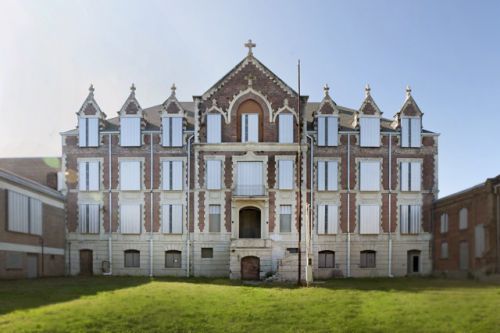On busy days, trombonist Marc Francis, 26, goes from gig to gig, playing his horn with different bands at a series of different venues—the convention center, a street parade, a nightclub.
Sometimes Francis would like to be able to make a quick stop at his apartment to change clothes between gigs. And at 3 a.m., when his New Breed Brass Band finishes its Wednesday-night gig on the Frenchmen Street strip a few blocks from the French Quarter, he’d love to be a short drive, or better yet, a short walk, from his bed.
Sadly, that’s not possible because Francis doesn’t make quite enough to live on his own and pay market-rate rent in New Orleans. Like many who are the backbone of New Orleans’ renowned traditional culture—musicians, Mardi Gras Indians, and social aid and pleasure club members—Francis has traveled the world playing gigs, but can’t afford housing in his own hometown.
Instead, after his four-hour Frenchmen Street gig, an exhausted Francis climbs in his car and drives 30 or 40 minutes across the Mississippi River bridge to get to where he lives—his parents’ house. “That puts wear and tear on you,” he says.
Trumpeter Brandon “Mouse” Bierria, 25, who has known Francis since high school, also lives far from his gigs. Bierria recently performed on a tour with the B.B. King All-Stars on the Holland America Line cruise ship. But when the world traveler arrived home, he unpacked at his parents’ house in Kenner, a suburb at the edge of metro New Orleans, near the airport. Often, when he’s stuck in traffic, Bierria dreams of having his own apartment in the city. “A nice living environment, quiet, with moderate rent,” he says. “A place I could call home.”
Policymakers have debated how best to support the city’s culture in a time of rising rents and stagnant wages. If done correctly, artist housing slated to open next year in the former Andrew J. Bell Junior High School in the Treme neighborhood could provide an important model for cities looking to preserve and support traditional culture through affordable housing.
“We have the opportunity to show how vibrant arts are essential to our humanity in New Orleans,” said Stephanie McKee, the artistic director of Junebug Productions, a nonprofit that will be based in one of Bell’s community spaces.

